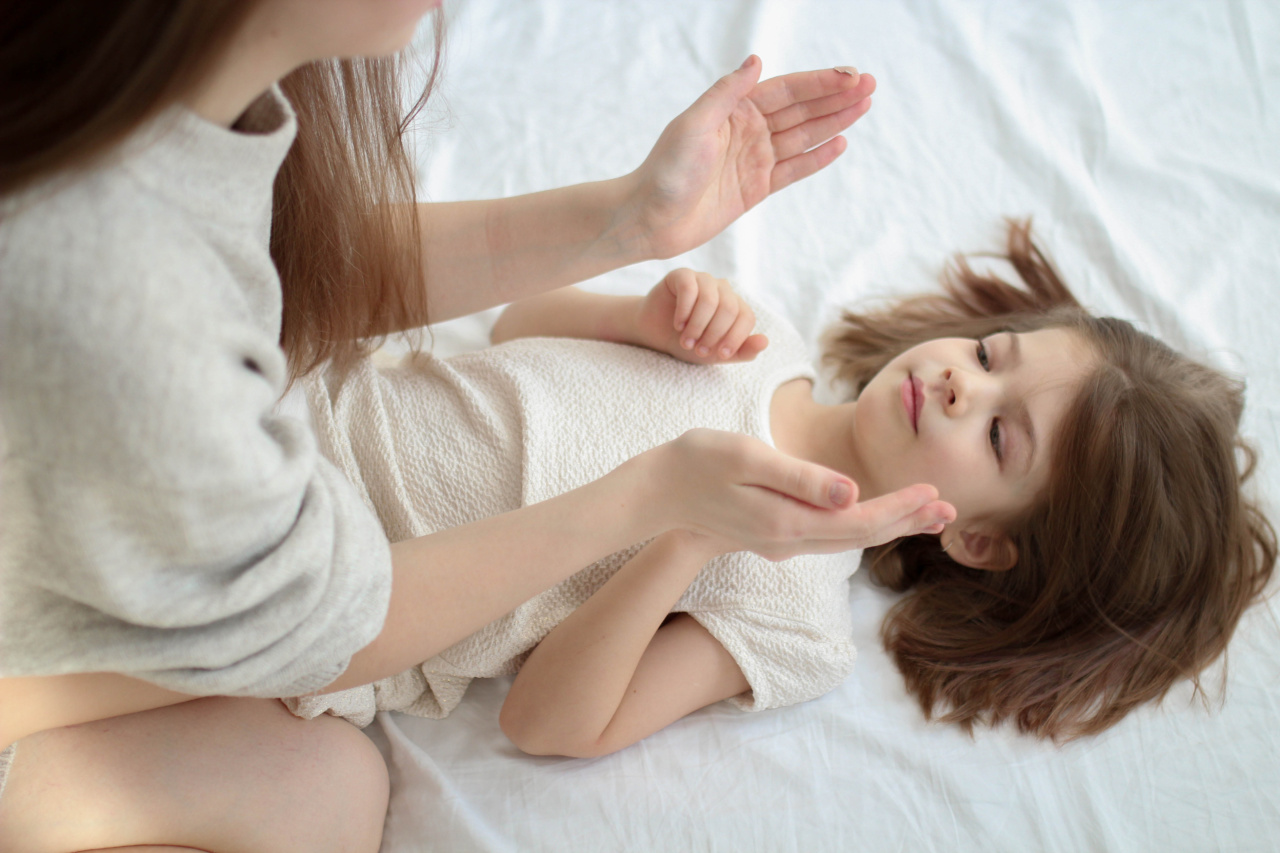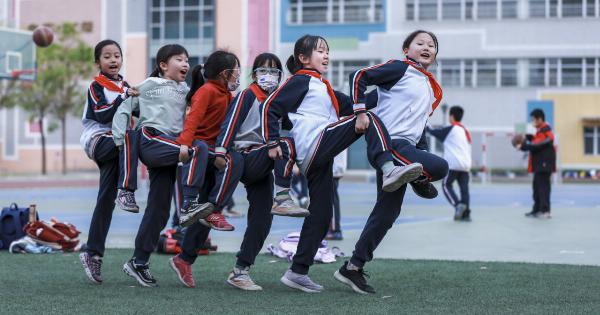Playing with children is not only a wonderful bonding activity but also a crucial part of their development.
Whether you are a parent, grandparent, sibling, or a caregiver, it is important to create a safe and enjoyable environment when playing with kids. Here are some dos and don’ts to keep in mind:.
Do Be Engaged and Present
When playing with children, it is essential to be fully engaged and present in the moment. Put away your phone, turn off the TV, and give them your undivided attention.
Kids value the time you spend with them and being present shows them that you care about their happiness.
Don’t Set Unrealistic Expectations
Remember that children have their own pace and abilities. Avoid setting unrealistic expectations or pushing them beyond their limits. Instead, focus on creating a nurturing and supportive environment where they can explore and learn at their own pace.
Do Be Flexible and Open-Minded
Children have vivid imaginations and can come up with unique and unexpected ways to play. Embrace their creativity and be open to their ideas. This flexibility will not only foster their imagination but also encourage them to express themselves freely.
Don’t Take Over the Play
While it is important to engage and guide children during play, avoid taking over completely. Let them take the lead, make decisions, and solve problems on their own.
This autonomy promotes their cognitive and decision-making skills, as well as boosts their self-confidence.
Do Provide Age-Appropriate Toys and Games
Ensure the toys and games you provide are suitable for the child’s age and developmental stage. Age-appropriate playthings not only keep them safe but also encourage their cognitive, motor, and social development.
Check for any age recommendations and hazards before selecting toys.
Don’t Use Violent or Aggressive Play
Avoid engaging in violent or aggressive play with children. Playing in a gentle and non-violent manner teaches them important values such as empathy, kindness, and respect. Encourage cooperative and imaginative play instead.
Do Set Clear Boundaries
Establish clear boundaries during playtime. Teach them to respect the personal space of others and encourage them to communicate their boundaries as well.
This helps children understand and develop healthy relationships, setting the foundation for positive interactions in the future.
Don’t Compare or Criticize
Avoid comparing children to others or criticizing their abilities during play. Each child is unique and has their own strengths and weaknesses.
Encouragement, praise, and positive reinforcement go a long way in building their self-esteem and fostering a love for learning.
Do Encourage Physical Activity
Physical activity is vital for children’s overall growth and development. Encourage them to engage in active play, such as running, jumping, and climbing. This helps improve their motor skills, coordination, and strengthens their muscles and bones.
Join in the fun and be a role model for an active lifestyle.
Don’t Force Participation
Respect the child’s feelings and preferences when it comes to play. If they are not interested in a particular activity, don’t force them to participate. Instead, offer alternative options and let them choose what they enjoy.
This allows them to develop their own interests and passions.
Do Foster Imagination and Creativity
Encourage imaginative and creative play to stimulate their cognitive development. Provide them with open-ended materials like blocks, art supplies, or dress-up costumes.
This type of play enhances problem-solving skills, fosters language development, and nurtures their creativity.
Playing with children can be a rewarding and enjoyable experience. By following these dos and don’ts, you can create a positive and nurturing environment for them to thrive.
Remember, every interaction with a child is an opportunity to make a lasting impact on their development and well-being.































